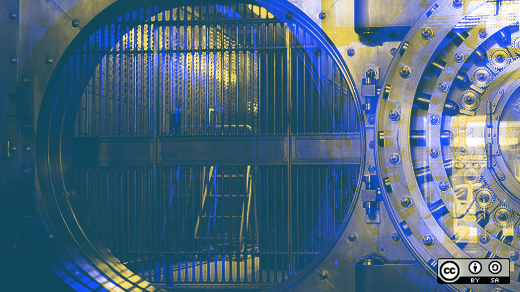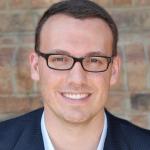Market confidence is a valuable commodity in tough economic times. And governments will try just about anything to inspire some. Recapitalization--bailouts--for struggling sectors is one approach. Another (less deficit-inducing) solution seeks to inspire confidence through a sizable dose of transparency. Bank stress tests are beginning to figure prominently in the later effort. Stress tests measure how well financial institutions perform under financial "what if" scenarios.
Back in 2009, the US Federal Reserve made stress test results public for the nation's 19 largest banking companies. A year later, Treasury Secretary Geithner credits that effort with ending the financial panic of last summer. If true, public disclosure of this one data set accounted for $200 billion in new capital for the banking industry, and should be a mainstay in any recovery plan (though it has yet to be repeated).
Europe is doing some real soul-searching on the issue right now. In an open letter to G20 leaders published last week, President Obama asked the EU to make public their banking liabilities as a way to promote market integrity. Disclosing results for the EU banks has its opponents. Germany, Europe's largest economy, has raised concerns that its banks will not come out shining. Still, a report last Friday indicates that the Euro-wide test will go forward, releasing the results for the 25 largest banks in July .
Imagine if the EU and US went further and committed to tests at regular intervals, opening data for third parties to rearrange and analyze. This future is probably further away than we might like. But the same might have been said just a few years ago about any public stress test. Open data has the potential to reshape the financial landscape, and may provide governments an alternative to the choppy waters of emergency recapitalization. Perhapts Spanish Prime Minister Zapatero put it best when he said, “There is no better recipe for generating confidence than transparency.” And confidence is valuable thing.







Comments are closed.